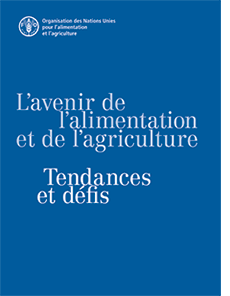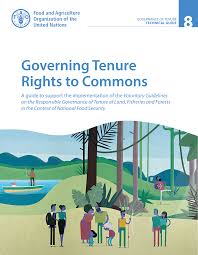L’avenir de l’alimentation et de l’agriculture: Tendances et défis
Source: Fao.org
Les pressions sur les ressources naturelles, de plus en plus intenses, les inégalités qui continuent de se creuser et les répercussions négatives du changement climatique compromettent la capacité de l'homme à se nourrir par lui-même à l'avenir. Tel est le message alarmant d'un nouveau rapport de la FAO publié aujourd'hui.







